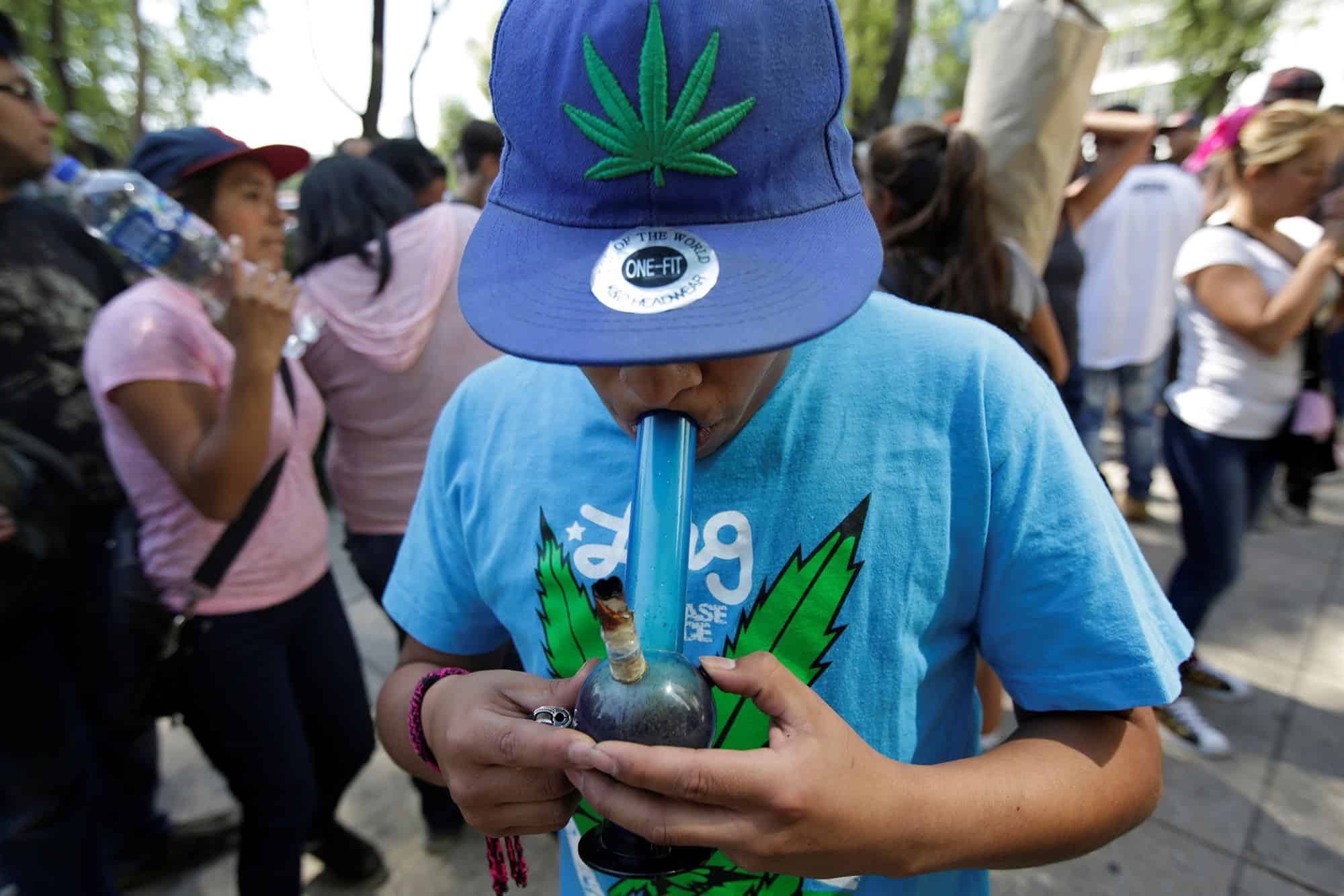Published at NBC News Written by Shamard Charles, M.D., October 3, 2018
Teen brains are more vulnerable to the effects of marijuana than alcohol, a new study finds.
Adolescents who begin using marijuana regularly may suffer lasting repercussions in their thinking ability, according to scientists at the University of Montreal.
The study, published Wednesday in the American Journal of Psychiatry, followed over 3,800 adolescents from 31 Montreal-area schools over four years. The teens, who started participating in the study when they were 13, agreed to provide annual reports of how frequently they used marijuana and alcohol. They also took computer-based cognitive tests that measured recall memory, perceptual reasoning, inhibition and short-term memory.
To get a more honest account of their marijuana and alcohol consumption, students were assured that parents and teachers would not have access to the information — unless there was an imminent safety risk. The study concluded that marijuana had a more damaging effect on teenagers’ long-term cognitive abilities than alcohol. Even after students reported stopping marijuana, their cognition did not improve.
“Cannabis causes cognitive impairment and delayed cognitive development in adolescents,” Patricia Conrad, the lead author and professor of psychiatry at the University of Montreal, told NBC News. “This study focuses on the neuropsychological effects of cannabis. We think it’s important because it is linked to how someone functions in life.”
It’s not the first research to find that cannabis use may be harmful to teen brains.
In a study published in JAMA Psychiatry in June, University of Pennsylvania scientists analyzed 69 studies involving younger cannabis users. They discovered that young people who used marijuana frequently were more likely to have slightly lower scores on tests of memory, learning new information, and higher-level thinking involving problem solving and processing information — compared to non-users.





